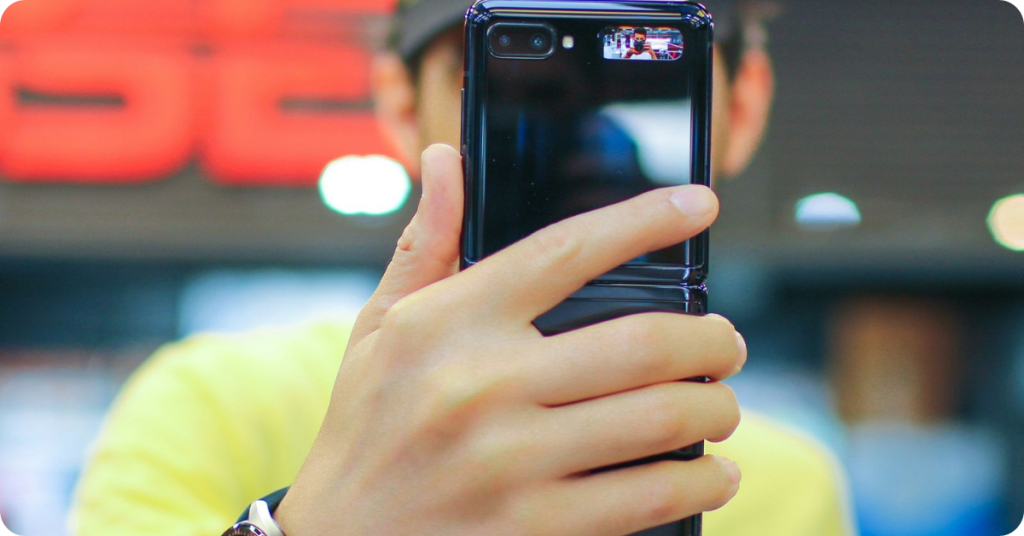Each generation brings a new set of beliefs and values to the meeting table that will impact their productivity and well-being in the workplace.
Gen Z, the generation born between 1996 and 2010 (approximately), comprises about 23% of the population today and will make up 31% of the workforce by 2035. This generation has distinct characteristics and attitudes towards mental health that employers must understand to attract and retain talent for the future.
In this piece, we delve into a 2025 survey by Deloitte on Millennials and Gen Z in the workplace to gain a deeper understanding of their core priorities, stressors, and strategies for effectively attracting and retaining them.
Gen Z’s Unique Mental Health Landscape
According to a 2019 piece by the American Psychological Association (APA), Gen Z individuals are more likely to report mental health concerns such as anxiety or depression than previous generations. A 2024 study shows that more than 2 out of 5 (42%) had a diagnosed mental health condition.
Several specific factors combined could be what is setting this generation apart when it comes to mental health challenges, which could explain these particularly high rates:
- Online from day 1: They are the very first generation to grow up in the digital age, connected and on social media practically from birth. This constant exposure has been linked to unhealthy comparison, fear of missing out, cyberbullying, and low self-esteem — all potentially leading to anxiety, depression and addictive behaviors.
- Pressure to succeed early on: Whether it is higher education or career success, the pursuit of perfectionism pushed on them by society and their parents alike has led to stress, burnout and social anxiety from a very early age.
- Born into instability: Born between the 2008 financial crisis and the 2020 health crisis, Gen Z is coming of age during a prolonged period of instability. Limited job prospects, concerns about economic futures, climate change and geopolitical tensions — plus pandemic-related isolation — all contribute to anxiety.
- Identity and belonging: Questions around identity and belonging are predominant for this generation, especially among those facing higher risks of stigma (e.g., LGBTQ+ youth or individuals of colour).
- More open to talk about mental health: 62% of Gen Z interviewed said they felt comfortable talking about mental health. This may partly explain higher diagnosis rates, though research suggests openness alone does not fully account for the rise.
How to Help as an Employer
According to the survey, establishing healthy boundaries between work and personal life is a priority. Spending time with family and friends is repeatedly cited as important.
Just like Millennials, Gen Z is ambitious — but not at any cost. "Money, meaning and well-being" seem to be the foundation of this generation’s happiness at work.
Gen Z’s core identity and priorities
Still, according to the report, Gen Z considers the following as their core priorities:
- 62% — friends and family

- 41% — work: Their career goals, financial independence, work-life balance, and stability. They are ready to change industry for better balance, flexibility, growth, purpose, or financial gain.
41% have already rejected a job due to ethical or personal beliefs, while 44% have left a job for reasons that were not aligned with their values. - 36% — cultural activities
- 32% — hobbies
- 25% — exercise
Gen Z’s Core Stress Factor
Gen Z’s main growing concern is the cost of living (39%). Indeed, one-third of the generation has a side job and 52% report living paycheck to paycheck. This is followed by mental health (21%), unemployment (18%), the environment (17%) and political instability (16%).
When asked what contributes most to their anxiety, they answered:
- 48% — financial future
- 46% — family’s health
- 41% — relationships
- 39% — mental health
- 38% — physical health
- 35% — job-related concerns (long hours 48%, lack of recognition 48%, unfair decision-making 44%)
Attracting and Retaining Gen Z Talent
A great way to attract and retain Gen Z talents is to address their specific needs:
- In-house learning and development opportunities, plus financial support for external learning initiatives.
- Better leadership training.
- Focus on skills and potential beyond degrees during recruitment.
- Develop apprenticeships and partner with universities for hands-on experiences.
- Support AI training.
- Financial well-being support.
- Competitive salary and benefits.
- Clear purpose and mission.
And to play to their unique strengths:
- A generation open to talking about mental health and breaking down stigma.
- Digital natives and avid users of digital apps and online therapy.

- Most racially and ethnically diverse generation — open-minded and advocates for equality and social justice.
- Highly collaborative and values relationships.
Practical Tips for Employers
As an employer and/or HR representative, if you want to attract and retain the next generation of workers, it is essential that you offer:
- A strong mental health initiative with tailored support, counselling, digital tools, and a culture of open communication around mental health and well-being in and outside the office.
- Flexibility in scheduling and office setup.

- Growth opportunities through mentoring, training and clear advancement paths.
- Purpose and values they can identify with (sustainability, impact, DEI).
- Processes to engage them so they feel heard and considered.
- Trained managers on mental health, mentoring and career growth support.
By considering all these aspects of the newest generation in the workforce, companies can attract, retain, and increase engagement among their younger employees, thereby building a stronger and more efficient business.


